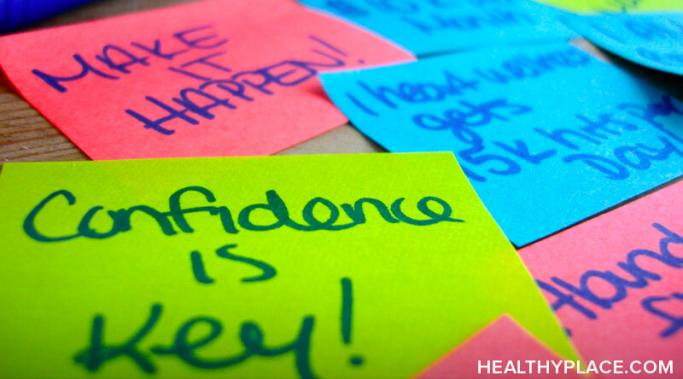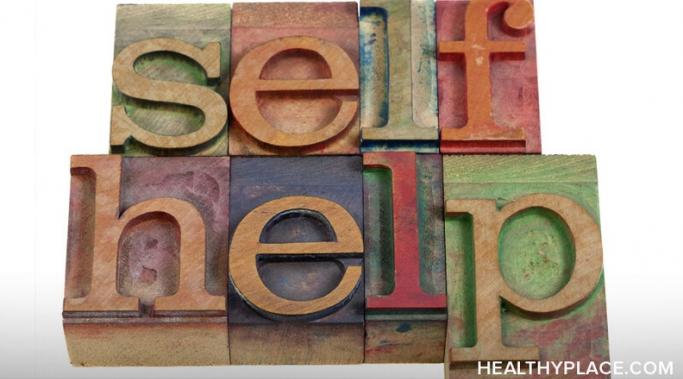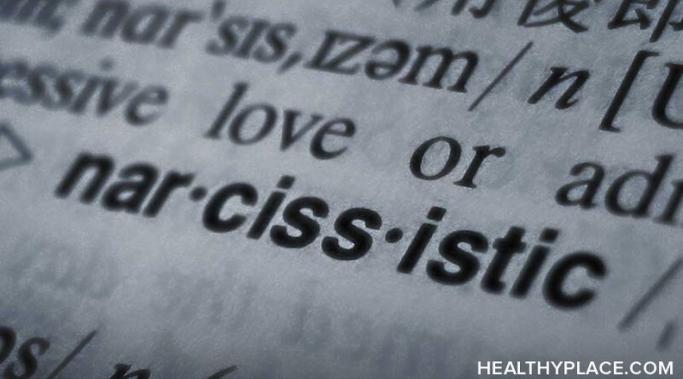Setting boundaries is not commonly recognized to boost self-esteem, but I have found that it does. Self-esteem is integral to helping us traverse life. Navigating life with mental health challenges can be like treading water in a stormy sea. I have faced my share of turbulent waters, struggling to maintain my self-esteem amidst the chaos of emotions and thoughts. One practice that has proudly transformed my journey is setting personal boundaries. It's not just a skill; it's an act of self-love and empowerment. Setting boundaries can enhance self-esteem.
Assertivness
Mental health stigma can affect one's self-esteem. Mental health conditions are a common yet often misunderstood aspect of human life. Despite their prevalence, the stigma attached to these conditions remains a formidable obstacle for those who bear such diagnoses. Negative stereotypes, discrimination, and social isolation experienced by individuals with mental health diagnoses can severely affect their self-esteem. In this post, we will explore the practice of defying the stigma surrounding mental health, emphasizing its role in nurturing self-esteem in those who carry such labels.
What are your personal values, and how do they affect your self-esteem? We all have different values that we live by. They can be honesty, generosity, kindness, happiness, loyalty, patience, etc. These values play a crucial role in building our lives. They help shape how we think and act with others. They also influence our emotions, making them essential in building self-esteem. In this article, we look at the relationship between personal values and self-esteem and how to use these values to build our self-worth and confidence.
Over the last couple of weeks, I've been working on a new character trait -- being more assertive. Low self-esteem often makes me feel like being assertive is a bad thing. It can feel like I'm outright mean when that's not the case.
I've struggled with feeling like I'm too self-confident in the past. I have often felt like I was too proud and that it didn't come off well to others. As I learned more about myself, I realized that not knowing the difference between high self-esteem and conceit was potentially a factor in lowering my self-image.
As someone who wants to build self-esteem and has strong professional skills, I often found myself in a leadership role, managing others in the workplace. In addition, as many of us do, there have been times I've needed to hire help around the house, putting me in a management position at home. As recently as last week, I've had to examine my management style to be sure my decisions were based on facts and not just a way to get around low self-esteem.
Instead of apologizing all the time for the shortcomings you believe make you less worthy, try practicing forgiveness as a method to build your self-esteem. How will practicing forgiveness help your self-esteem grow?
The obligations we feel towards our family can influence our journey to build stronger self-esteem. Our families are the first groups we belong to, and our earliest relationships can have an impact on all the relationships we form throughout our lives. As I continue my quest for healthy self-esteem, I find myself evaluating each of my relationships to see if they support my goal, and family obligations were some of the latest to fall under my scrutiny.
There's a well-known saying that goes, "Other people's opinions are none of your business," and when it comes to your journey to build self-esteem, this needs to be taken to heart. Self-esteem issues are often very connected to how much we allow other people's opinions to color our own. Read on to learn how my quest to build stronger self-esteem was affected by other people's opinions.
When self-esteem is low, we often think we need to work harder and get more done to be a valued person, but the truth is, your self-esteem will grow when you find the beauty of doing less, not more. When I learned this lesson, nobody suffered from me doing less, and my self-esteem blossomed because I was more likely to successfully fulfill my commitments.









